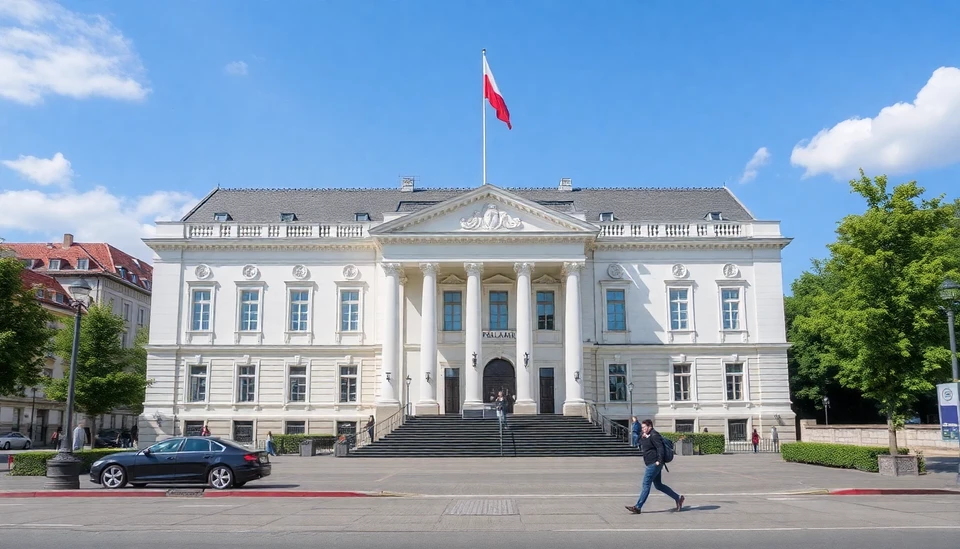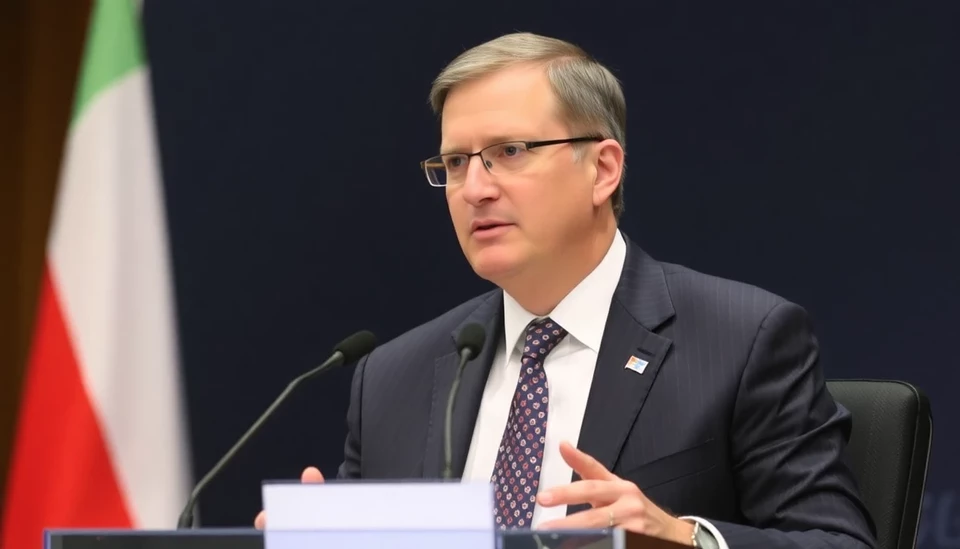
In a decisive move that has garnered considerable attention, the Polish central bank has opted to keep interest rates steady, despite indications that inflation is easing in the country. This decision, taken during the latest monetary policy meeting, is reflective of a broader strategy to navigate the economic complexities that Poland faces in the current global financial landscape.
The Monetary Policy Council met to evaluate the prevailing financial conditions and trends, leading to the announcement that rates would remain unchanged at 6.75%. This marks a sustained period of high interest rates, as the bank remains cautious about the potential for economic destabilization and the challenges that come with it. The persistence of these rates has been a hot topic among economists, as many had anticipated a potential cut in rates given the recent softening in inflationary pressures.
Recent statistics indicate a notable decline in inflation within Poland, where year-on-year inflation rates have dropped significantly, providing a sense of relief to consumers and businesses alike. However, the central bank's decision to maintain rates suggests that they are taking a conservative approach, weighing the risks of inflation against the need to foster economic growth and stability. The Council is particularly focused on the implications of external factors, including geopolitical tensions and global economic shifts, which could impact Poland's economic trajectory.
Furthermore, bank officials have highlighted that while inflation is trending lower, uncertainty still looms over future economic conditions. They emphasized that further easing of monetary policy would be contingent on a stable economic environment and continued reduction in inflation rates. The Council is committed to monitoring these developments closely, ready to adjust their policies as necessary to ensure economic resilience.
Market analysts and stakeholders are now closely watching how these decisions will affect consumer confidence and spending. The continuation of high-interest rates could have varying impacts across sectors, particularly on borrowing costs and investment decisions. Industry leaders have expressed a mix of hope and concern, as sustained high rates may hinder growth in certain segments while stabilizing the economy in others.
The backdrop of this decision is compounded by the recent international economic trends, which have seen many countries grappling with similar challenges in inflation control. Poland’s stance is closely tied to the fluctuating dynamics in Europe and the wider global economic picture, making this decision pivotal not only for the country but also for its role within the European Union.
In summary, the Polish central bank's commitment to maintaining high interest rates despite declining inflation signals a cautious approach to economic policy. As the Council continues to monitor the situation, the implications of this decision will be felt across various sectors and could shape the direction of the Polish economy in the coming months.
#Poland #InterestRates #MonetaryPolicy #Economy #Inflation #EconomicGrowth #Finance #PolishBank
Author: Rachel Greene




